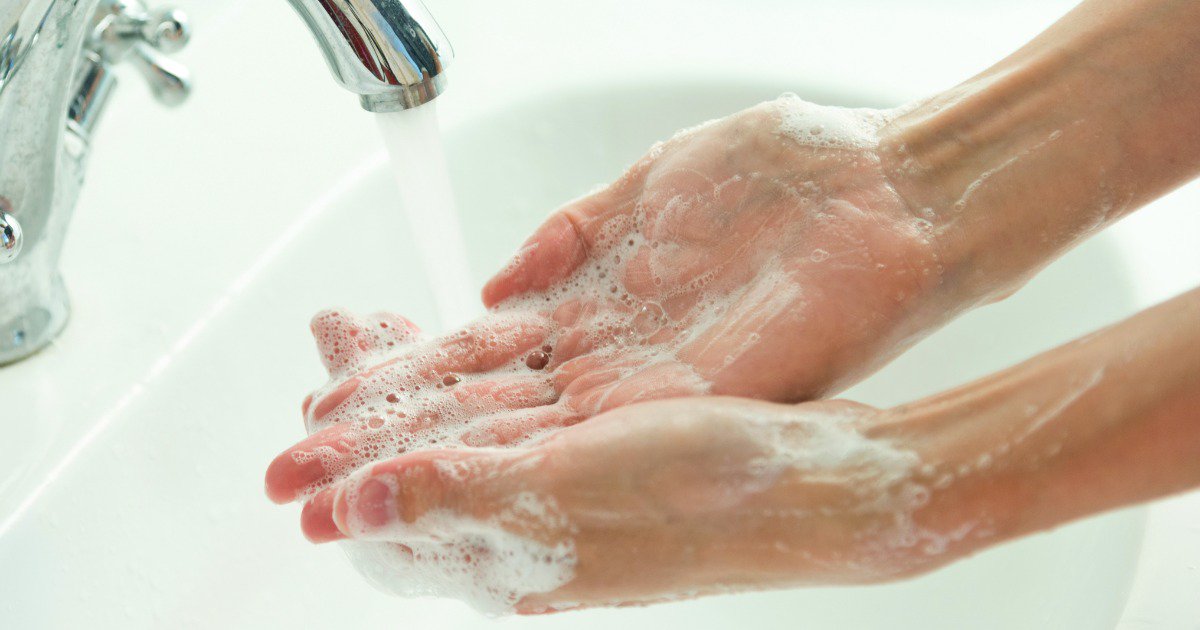Ways To Prevent And Treat Typhoid Fever
Frequent Hand Washing

Frequent hand washing can help prevent individuals from contracting typhoid fever. Bacteria, viruses, and parasites can live on the hands for as long as an individual allows them. When a patient with contaminated hands touches any other object, bacteria can live on the object for several weeks to several months. When another individual touches the same contaminated object, the bacteria can live on their hands as long as they allow. Because hands are a hospitable environment for these microorganisms, frequent and proper handwashing is essential to stopping the spread of typhoid fever. Not only should hands be washed with warm water and antibacterial soap after using the restroom, but also before and after handling food, after changing a diaper, before and after caring for a sick patient, before and after treating a wound or cut, after touching an animal, after handling animal waste, after touching animal feed, after handling pet treats or pet food, and after touching garbage. Washing hands with clean running water and antibacterial soap will effectively remove parasites, bacteria, and viruses from the hands. In some regions, there may not be sanitized water available for hand washing. However, washing the hands with unsafe water and soap is more beneficial than not washing them at all.
Get more details on preventing and treating typhoid fever now.